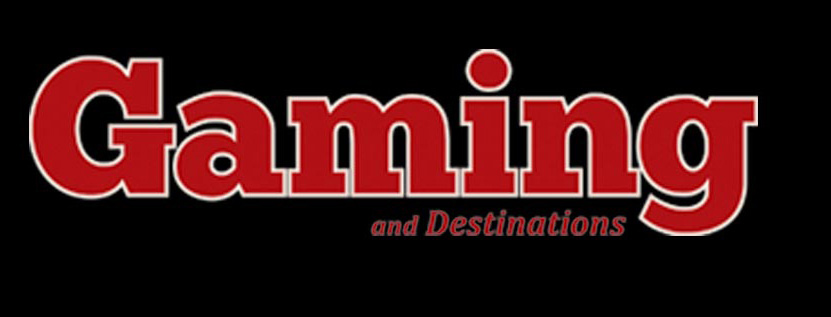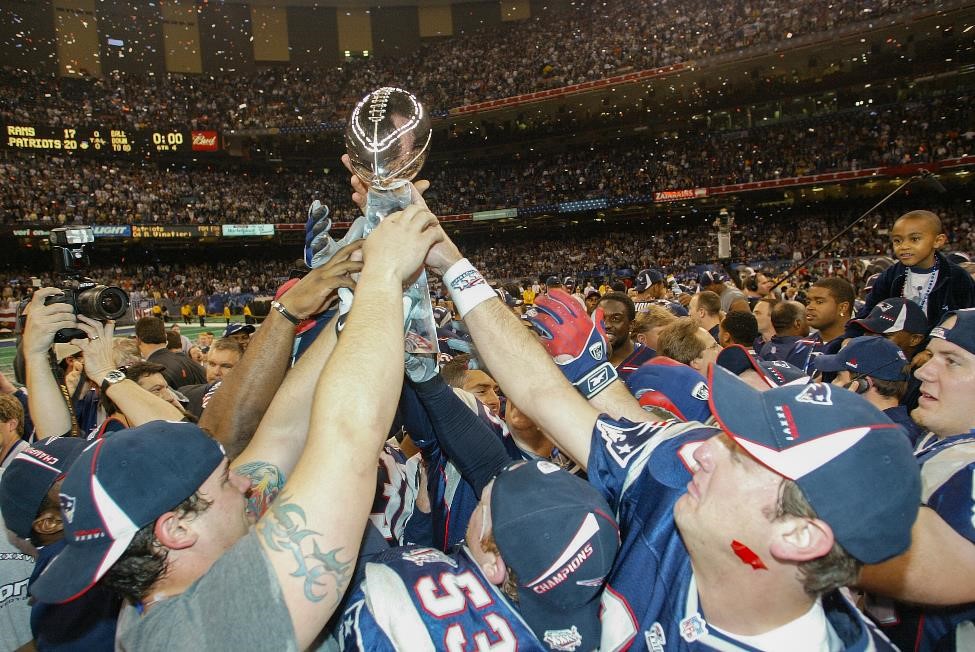
Courtesy of the New England Patriots/David Silverman
From its inception, the Super Bowl has been prominent on the American sports wagering calendar. It has grown from a lopsided spectacle, to by far the most gambled on event in America. Through the first 52 Super Bowls played, the favorites hold a distinct advantage, compiling a 3517 record straight up, and a 27-23-2 record against the spread (there is some dispute over the line for SB 49, here we are treating it as Seattle -1). However, a strange phenomenon has occurred in recent years. Dating back to 2002, favorites are a mere 7-10 straight up, and an alarming 4-13 against the spread. As the games get more recent, the trend is more striking, as nine of the last eleven underdogs covered the spread, with eight out of the last ten actually winning the Super Bowl outright.
I have struggled to explain this trend. It may be that it’s simply cyclical. Give it a few years, and we may see the results swing back towards the favorites. It may also be a reflection of a more open and competitive league, a reflection of parity. Or, it may be something a little stranger. Consider this: when New England participates in the Super Bowl since 2002, the favorite is only 1-7 against the spread, and 3-4 straight up. Is it causation or correlation? We will probably never know. I do know this: if the Patriots are in the Super Bowl, I’m betting the underdog.
At this point, I’m not sure if the pendulum is due to swing back the other way, but I do know the recent rash of underdog plays have made for some excellent games. With the exception of a few blowouts sprinkled in here and there (notably SB 48, Seattle 43 – Denver 8), most every Super Bowl has been a close game. In fact, eight out of the last eleven have been decided by a score or less. I’ll take that every time, even if it leads to the occasional sweat. Ultimately this conversation led me to reflect on the biggest upsets in Super Bowl history. Here they are, ranked according to size of the spread overcome by the winning team.

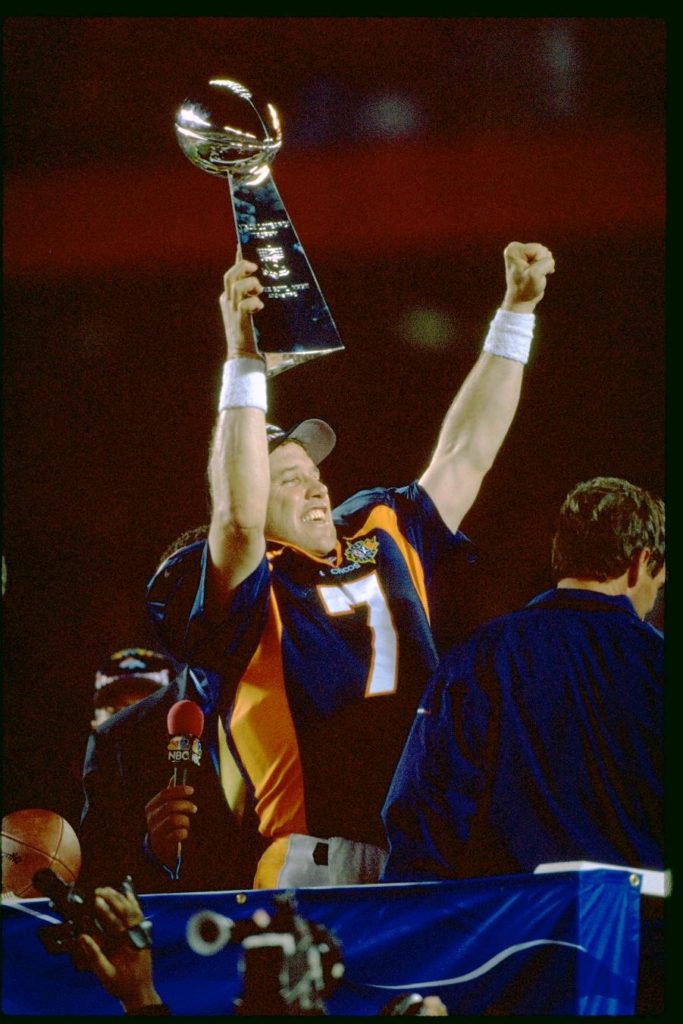 John Elway holds the Vince Lombardi Trophy for the first time in his career
John Elway holds the Vince Lombardi Trophy for the first time in his career
5. Super Bowl XXXII Broncos 31 – Packers 24 Super Bowl 32 featured a battle of future Hall of Famers, as John Elway and the Wild Card Denver Broncos faced off against Brett Favre and the defending Champion Green Bay Packers. Green Bay came in to the game as eleven point favorites, powered by Favre’s third straight MVP performance. While the Broncos were technically a Wild Card team, they had compiled a 12-4 record in the regular season and bolstered the league’s best offense, led by the dynamic Terrell Davis. The game was closely contested, with the score being tied at three different junctures, including late in the 4th quarter. The Broncos pulled ahead for good with 1:42 left in the game on a Davis TD run to make it 31-24. Elway finally had his Super Bowl ring. The Denver win broke a remarkable streak of 13 straight Super Bowl victories for NFC teams, and marked the second time a Wild Card team had won the Super Bowl. The 11 point spread also reflected the largest championship upset since 1970.
4. Super Bowl IV Chiefs 23 – Vikings 7 In the last Super Bowl played before the AFL and NFL merged into one league, the Kansas City Chiefs took on the Minnesota Vikings in New Orleans. Despite the victory by the upstart Jets over the Colts the previous year, most fans and media still believed the NFL to be a vastly superior league to the AFL, and the line reflected that. Lines and betting information from that era are slightly less reliable, but most sources had the number at Minnesota minus 12-13. The Vikings were a dominant force during the entire regular season. They led the NFL in both scoring offense and scoring defense, dropping only two games all season long. The Chiefs were led by colorful coach Hank Stram, future Hall of Fame QB Len Dawson, and a very good defense. From the opening kick, the Vikings could not seem to get traction. Every time the Minnesota offense threatened to gain momentum, the Chiefs’ defense was up to the task. The Chiefs used three first-half field goals and a touchdown (set up by excellent field position) to build a 16-0 halftime lead. Kansas City ended up forcing five Minnesota turnovers on the way to a dominating 23-7 victory. This result brought the fledgling series to a 2-2 tie, and went a long way to establishing the AFL/AFC as a legitimate league.
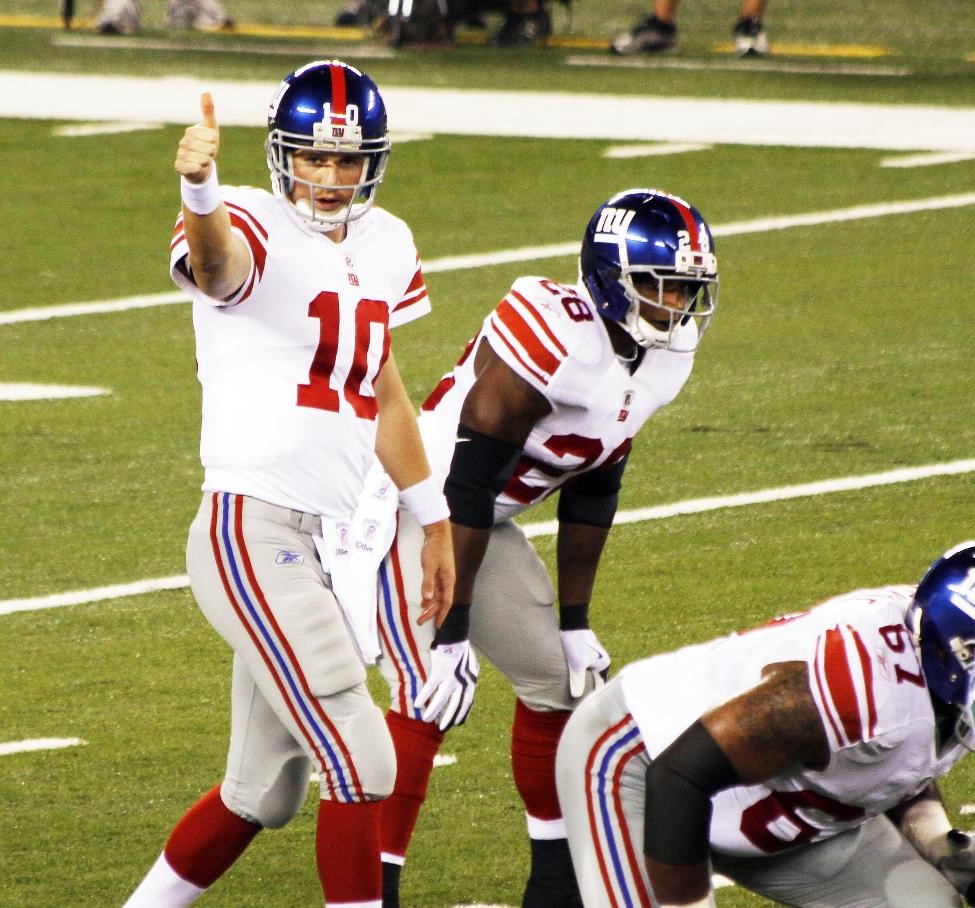

Eli Manning led the Giants to a victory in Super Bowl XLII
3. Super Bowl XLII Giants 17 – Patriots 14 In one of the most famous upsets in modern sports, the New York Giants beat the previously undefeated New England Patriots 17-14 in Super Bowl 42. The Patriots were driven by one of the most explosive offenses in NFL history, with Tom Brady putting up 50 TDs and nearly 5,000 yards on the way to his best season ever. Randy Moss and Wes Welker both had career years, combining for 210 receptions and over 2,600 yards, with Moss accounting for 23 receiving touchdowns on his own. New England was unstoppable, and seemed destined to win another ring. The Giants were led by the younger Manning brother, Eli, and had become the first NFC team to win three road games on their way to the Super Bowl. They were the clear underdog, with New England being favored by 12 points.
While the Patriots had been a juggernaut all season long, these two teams played in the final game of the regular season, and it took a 2nd half comeback for the Patriots to maintain their perfect record. The Pats and Giants combined for 73 total points, and most experts expected more of the same in the Super Bowl. However, the Giants took the air out of the ball from the jump, with Eli and company orchestrating the longest drive in Super Bowl history (nearly ten minutes) which resulted in a field goal. After New England answered with a touchdown, the game remained 7-3 until the 4th quarter. After a Giants TD early in the 4th, the Patriots drove the field and took the lead 14-10 with 2:39 left in the game. On 3rd and 5, Eli Manning eluded several rushers to complete the famous “helmet catch” to David Tyree for a 32 yard gain, then followed that with a touchdown pass to Plaxico Burress. Tom Brady was unable to answer in the waning seconds, resulting in the first of two Super Bowl wins for Eli Manning. The Giants win prevented the Patriots from claiming the first undefeated NFL season since the 1972 Miami Dolphins, and remains one of the greatest upsets in professional sports history.
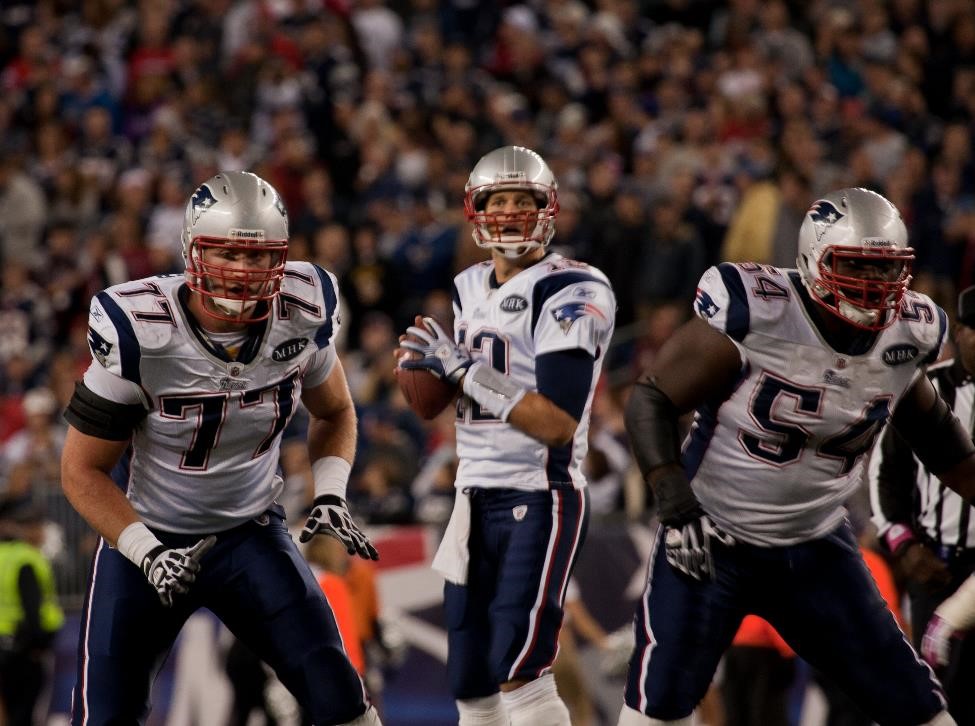

Tom Brady has five Super Bowl victories with the Patriots
2. Super Bowl XXXVI Patriots 20 – Rams 17 It’s hard to imagine now, but there was a time before Tom Brady was a superstar and surefire Hall of Famer. A time when he was still the replacement for the franchise quarterback. Back in 2001, Tom Brady took over for an injured Drew Bledsoe during the second game of the regular season, and the rest is history. Brady led the hard-nosed Patriots to an 11-5 record and a berth in the Super Bowl against the “Greatest Show on Turf”, the Kurt Warner-led St. Louis Rams. Warner was fresh off his second MVP season in three seasons, and the Rams potent offense had become the first NFL team to score over 500 points in three consecutive seasons. The Rams were a two touchdown favorite come game day. What looked like a lopsided matchup turned out to be a dog fight. At halftime, the Patriots actually led 14-3, before extending the lead to 17-3 on a 3rd quarter field goal. But the high powered Rams offense answered with two 4th quarter touchdowns to draw even with a minute and a half left on the clock. Bill Belichick ultimately chose to put the ball in his young quarterback’s hands, and Tom Brady led the Pats down the field to set up Adam Vinatieri’s game winning 48-yard field goal. Although the win was largely driven by
defense, Super Bowl 36 announced the arrival of Tom Brady and the Patriots as players for years to come, and effectively ended the reign of “The Greatest Show on Turf”.
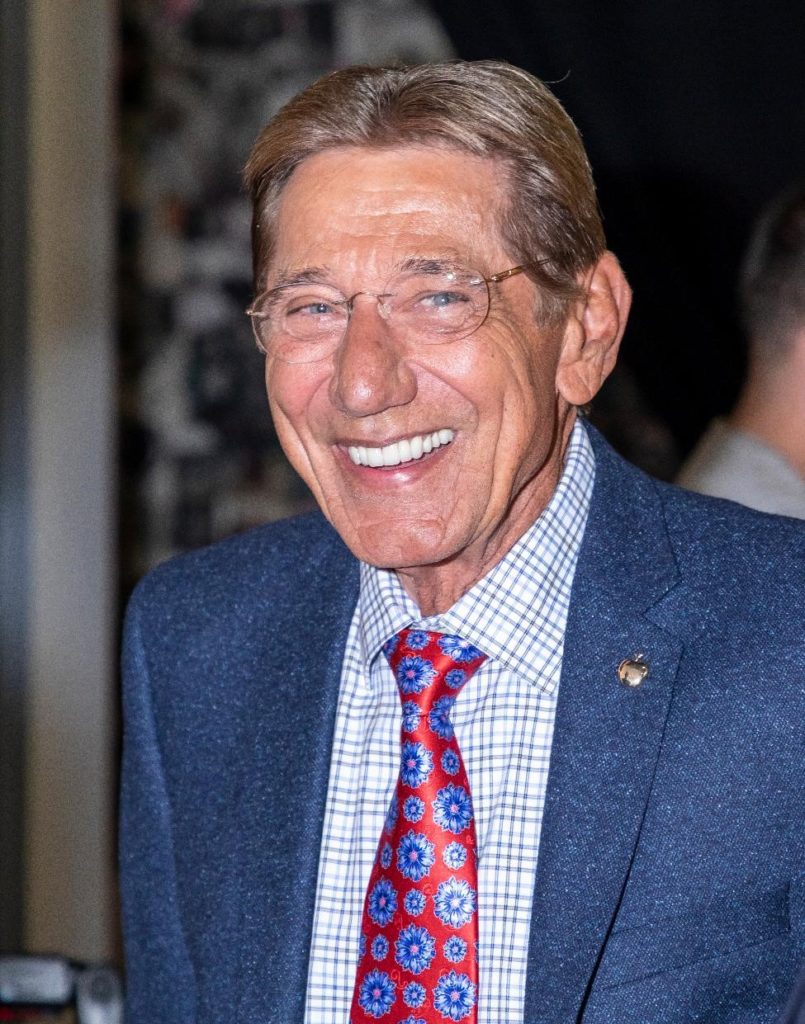
Joe Nameth delivered on his ‘Guaranteed win’ in Super Bowl III.
1. Super Bowl III Jets 16 – Colts 7 In the days leading up to Super Bowl III, most of the buzz was around the powerhouse Baltimore Colts, who represented the more established and seemingly superior NFL. Three days before the big game, New York’s brash young quarterback Joe Namath changed that narrative with his now infamous words: “We’re gonna win the game. I guarantee it.” The Jets had reason to be confident. They had recently completed an 11-3 regular season, and avenged one of those losses against the Raiders in the AFL Championship game. New York boasted a strong, balanced offense led by the colorful Namath, who while prone to mistakes, was a natural leader. Meanwhile, the Colts were coming off a blowout win over the Cleveland Browns, 34-0. On game day, the Jets’ defense was the story, forcing Colts’ starting quarterback Earl Morrall into three interceptions. On offense, the Jets were led by 120 yards on the ground from Matt Snell, and the steady hand of Joe Namath, who managed not to turn the ball over despite throwing more picks than TDs during the regular season. After a 2nd quarter score by Snell, New York added three field goals by Jim Turner to extend the lead to 16-0. Johnny Unitas replaced Morrall and was able to lead the Colts to a late touchdown, but Baltimore ultimately lost the game 16-7. The victory announced the AFL as a force to be reckoned with and as an equal to the NFL, and remains quite possibly the greatest upset in professional sports history. From Broadway Joe to Tom Terrific, the Super Bowl has transformed underdogs to superstars over and over again. Will it happen again this year? Nobody can say. But if recent history is any indication, all signs point to yes.
By: David Scull
